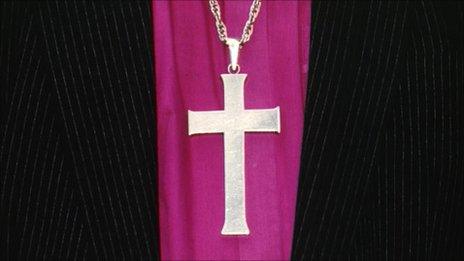Church of England votes to allow women bishops vote
- Published
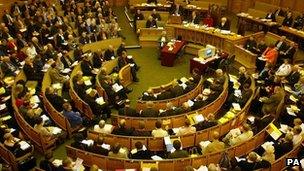
An adjournment could delay a vote until November
The Church of England's ruling Synod has backed sending legislation on women bishops to a final vote next week.
Members have voted to refer the legislation for further discussion on Monday, when a vote is planned.
Women now constitute a third of priests and there is a widespread feeling among Anglicans that the new role should be open to them.
But plans to exempt traditionalists from serving under women bishops have caused division within the Church.
Not since the Church voted to create women priests in 1992 has it faced such a momentous decision, says BBC religious affairs correspondent Robert Pigott.
There has been a wish not to alienate traditionalists who oppose women bishops and the ending of centuries of tradition, our correspondent added.
This has resulted in a proposal that would give traditionalist parishes the right of access to an alternative, male, bishop, who shared their beliefs about women clergy.
But some liberal Anglicans claim this would render women "second class" bishops and they may vote to reject the draft legislation, along with conservatives opposed to it.
Earlier, Archbishop of Canterbury Rowan Williams urged clergy and bishops from the Canterbury Diocese to approve the legislation in order for it to be debated further on Monday.
"We are looking into the abyss now," he warned.
"Like the majority of members of the synod, and the majority of the members of the Church of England, I am very firmly of the view that we need to proceed as speedily as we can to resolve this question because I, like most of you, long to see women bishops in the Church of England," he said.
"I also long for there to be the kind of provision for those who continue to have theological reservations on this subject, for their position to be secured in such a way that they can feel grateful for the outcome as others do."
The Synod could also opt to adjourn the debate further to allow amendments made to the proposal in May to be reconsidered.
Any adjournment would delay a final vote until November at the earliest. But a defeat would mean the appointment of women bishops would be at least another five years away.
The Synod needs a two-thirds majority in all three houses of the General Synod, of bishops, clergy and laity.
If approved there, it would be sent to Parliament for approval and Royal Assent. The earliest likely date for a woman bishop to be appointed would be 2014.
So far more than 1,000 lay Anglo-Catholics and 80 priests dissatisfied with the direction the Church of England is taking over women bishops have left to join the Ordinariate set up by the Vatican in 2011 for former Anglicans.
- Published16 November 2014
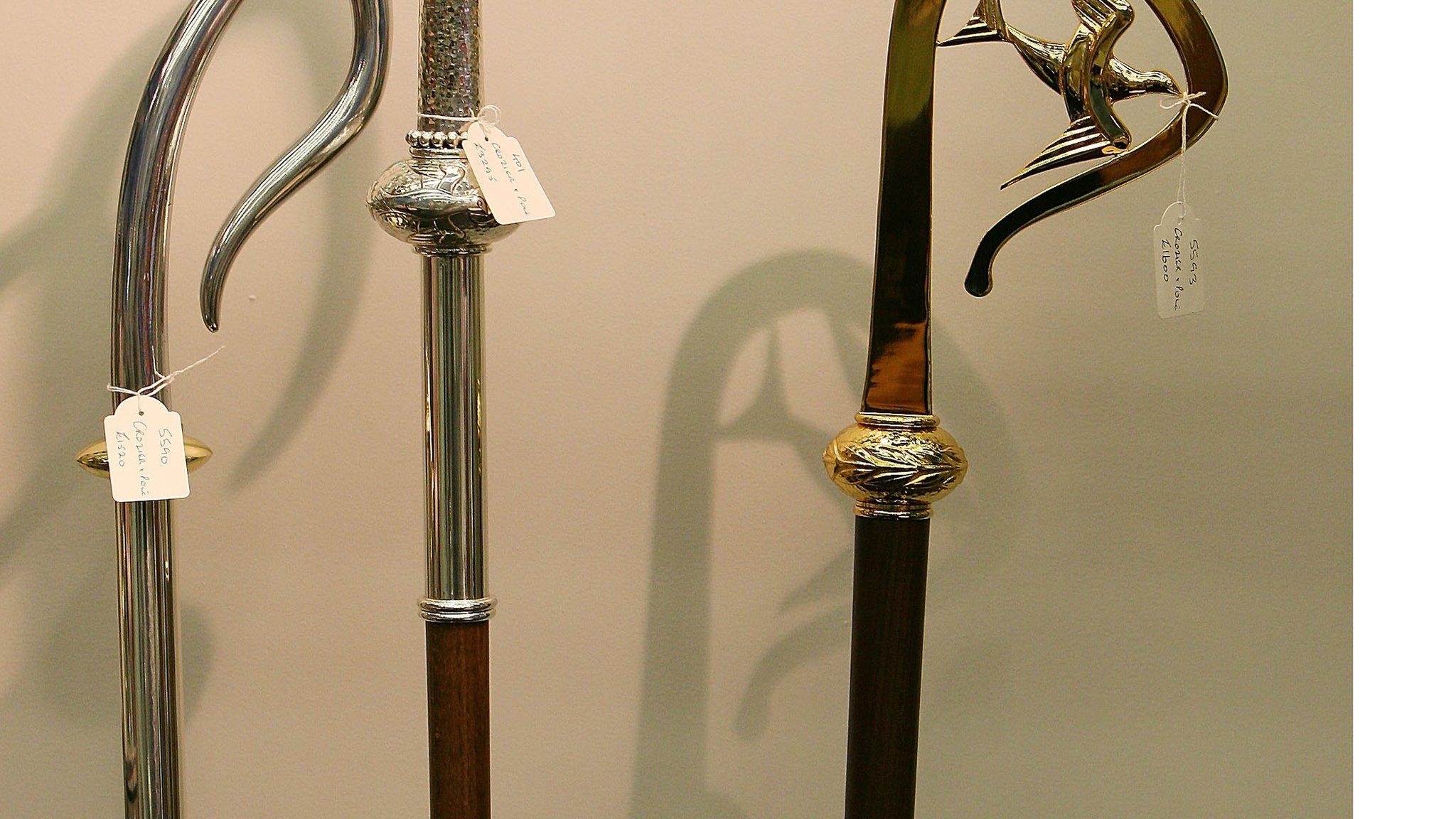
- Published6 July 2012
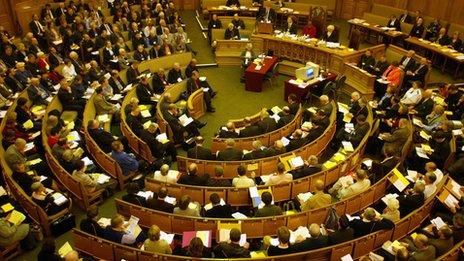
- Published1 July 2012
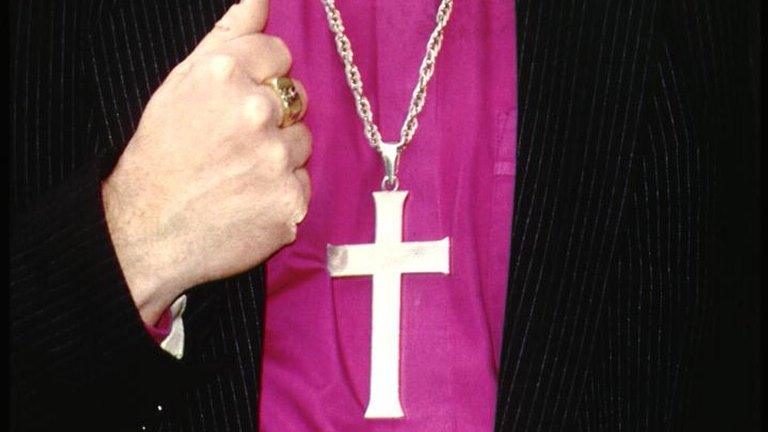
- Published23 May 2012
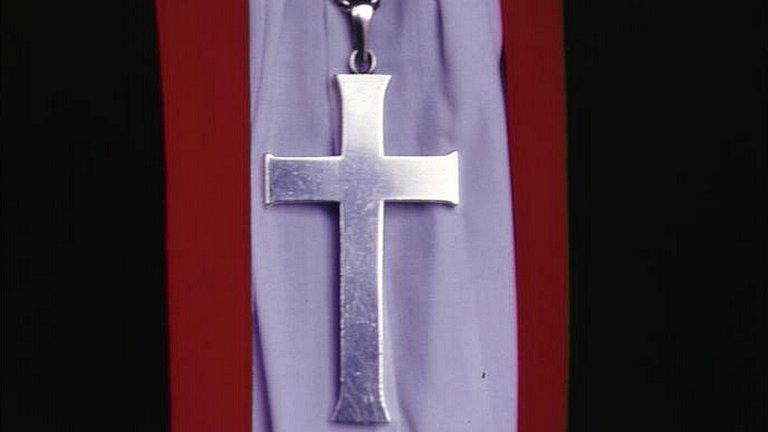
- Published20 May 2012
